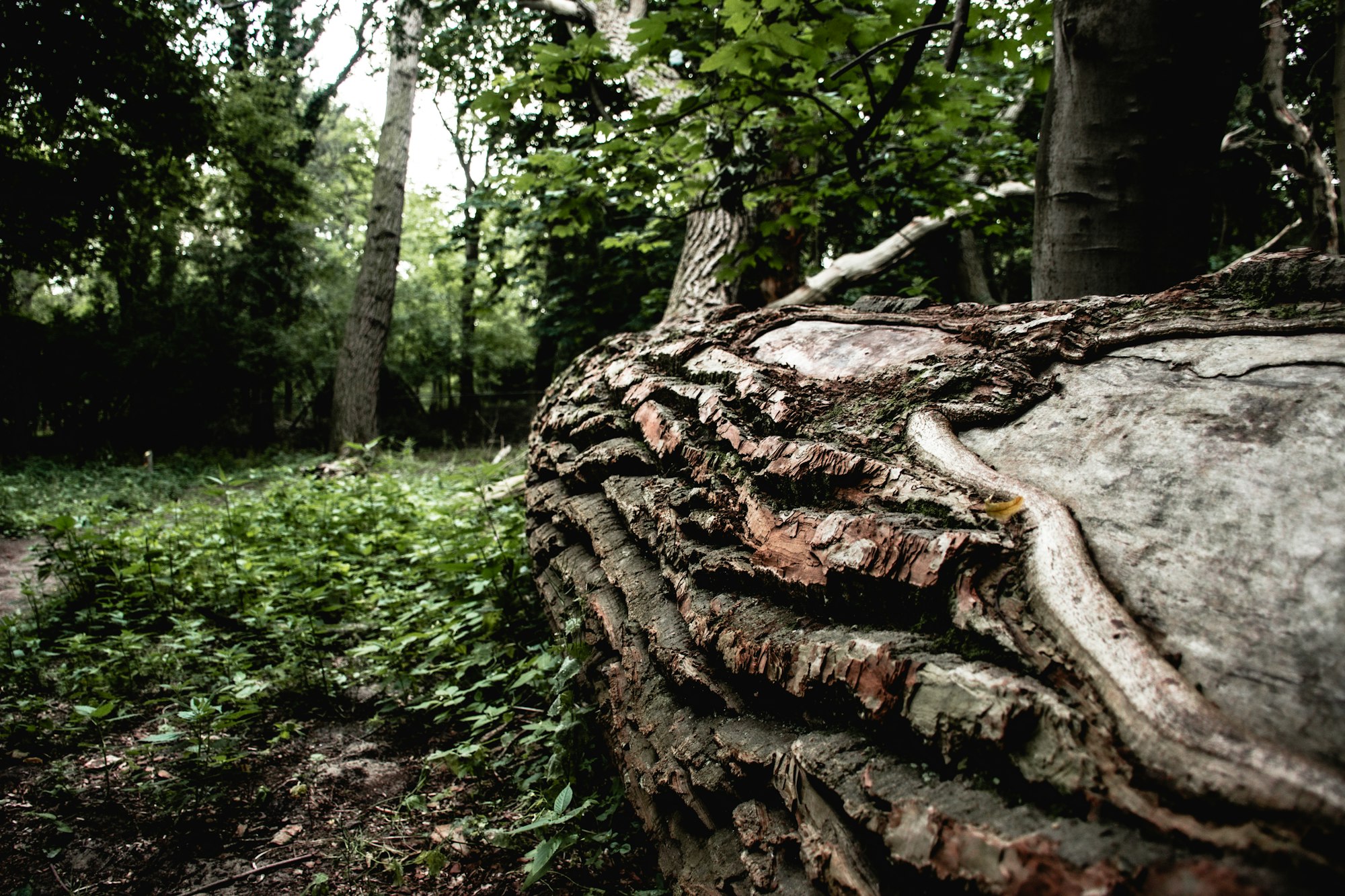Innocence and Experience: On Kay Ryan's "Crown"
The sacred as untouchable, inviolable, inaccessible makes sense to me.

More on Mass Media, Extremism, and Tucker Carlson
I want to talk a little bit about my favorite person in the world, Tucker Carlson. There has been amazing punditry and reportage about his firing. Much of it takes issue with the sentiment I expressed in the last newsletter, that Carlson's hate will recede for a time. It is definitely worth engaging intelligent voices about the future of media and the legacy of hate broadcast for years:
- Parker Molloy thinks that eventually, Fox may "lean towards even more extreme content." Once they realize his whole game was making people angry, we're back to the white power hour.
- Michael Tomasky at TNR also thinks Fox will get a lot worse, because conservatism is divorced from any sense of shame.
I cannot recommend too highly David Roth's essay on this whole mess. Roth is a master wordsmith, and this passage of his I want seared into my brain:
...Carlson was compensated like a mid-career MLB star to play his part as a meat megaphone for the worst and oldest impulses in American politics. That the demands of the job changed in the way they did, such that the erstwhile rich-kid heel became a howling blood-and-soil fascist, is meaningful in a number of ways, but I think most significantly in how it reflects the vacancy and drift that define our increasingly theatrical and abstracted politics.
I wonder about "the vacancy and drift that define our increasingly theatrical and abstracted politics." I always feel a lot of problems in the USA are caused by outrageously lazy assumptions. People really do win office by attacking homeless people instead of homelessness, for example. There's not a single thought about real causes (e.g. housing supply) when there's someone who can readily be blamed, usually for existing. But Roth's choice of words pushes me to think about how leadership fails in other ways. Currently, the deference to seniority which allows Senator Feinstein to miss critical votes is deeply vacant and a sign of moral drift. You've got at least one SCOTUS justice who needs to be investigated and impeached, but the Senate can't function because one of its members cannot do the job at all.
Finally, Anna Merlan's take is a must-read: "Tucker Carlson Repackaged the Internet for His Terrified, Elderly Audience."
Kay Ryan, "Crown"
Crown (from Poetry Archive) Kay Ryan Too much rain loosens trees. In the hills giant oaks fall upon their knees. You can touch parts you have no right to – places only birds should fly to.
This compact poem meditates on the mystical. Ryan says it came from "an external experience." Living "just above San Francisco in the hills," one year she bore witness to what flooding caused there. Great trees, scattered and fallen.
I can only imagine. "Too much rain / loosens trees," she begins, and I vaguely recall living through disaster. You know too much rain is falling when you stare out the window or retreat deeper into the house. The basement floods and your mood becomes grim. And then it stops. The water recedes. You go out and see broken branches, yards in disarray. Ryan says she was running and biking in the hills when she saw the broken trees. I can only imagine the realization of the extent of destruction. You stare at the "parts / you have no right to — / places only birds / should fly to." Not only are the tops of trees on the ground, but all that hides near the top or on branches spread wide. Worlds and parts of worlds for other creatures. Civilizations without us.
The sacred as untouchable, inviolable, inaccessible makes sense to me. We shutter some parts of life, declaring them exclusive domains of divine or demonic beings. Positing an entirely alien way of existing within those domains stretches this logic, but tradition speaks to it. E.g. John's vision of Jerusalem; Augustine's City of God; Yeats' "Byzantium," where living flames dance and agonize in purity. To a degree we're looking at the identification of the sacred with innocence. If innocence is eternal and established, not merely a disposition, then there are unknown worlds—unknown realities—composed of nothing but the innocent. Our structures, our justice, do not comprehend them, even if we live within their shadow.
The startled wonder of witnessing a whole world overlooked for years points to another conception of the sacred. We don't have the right to touch the tops of trees because we have not been invited. Our experience, separate from any question of innocence, is insufficient.
